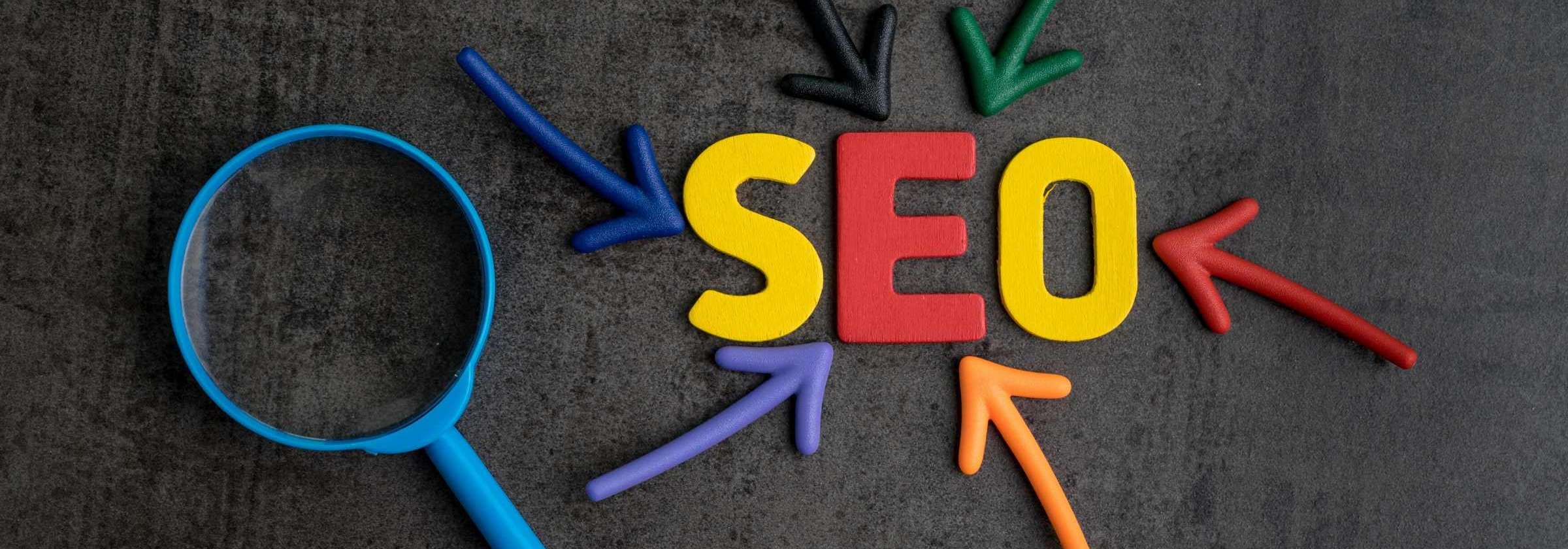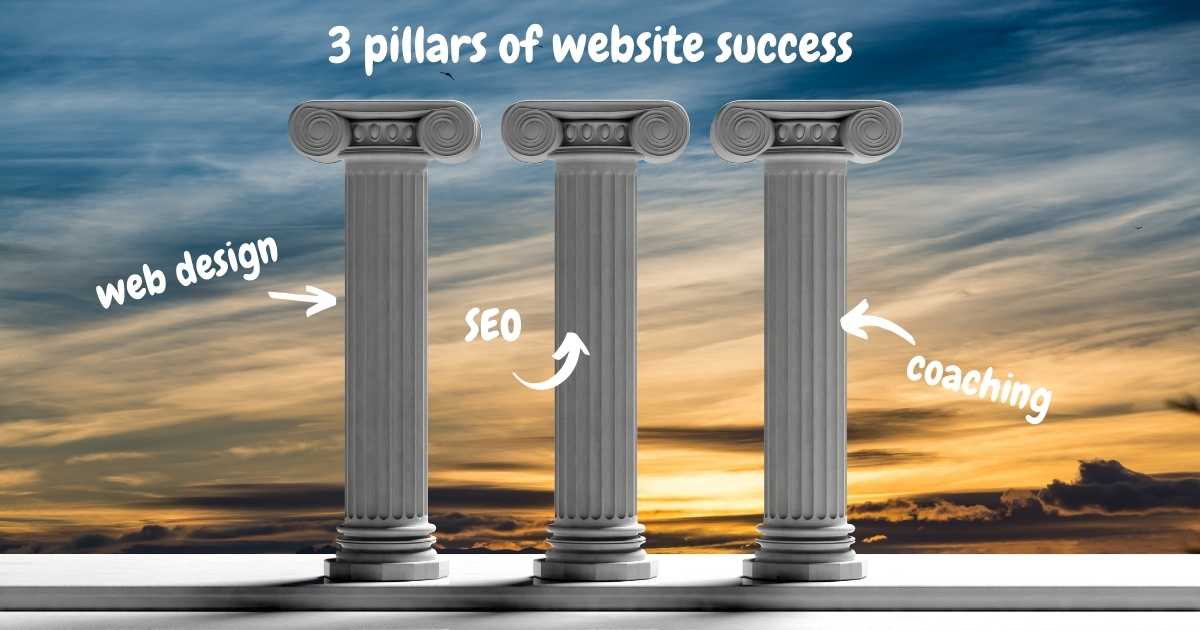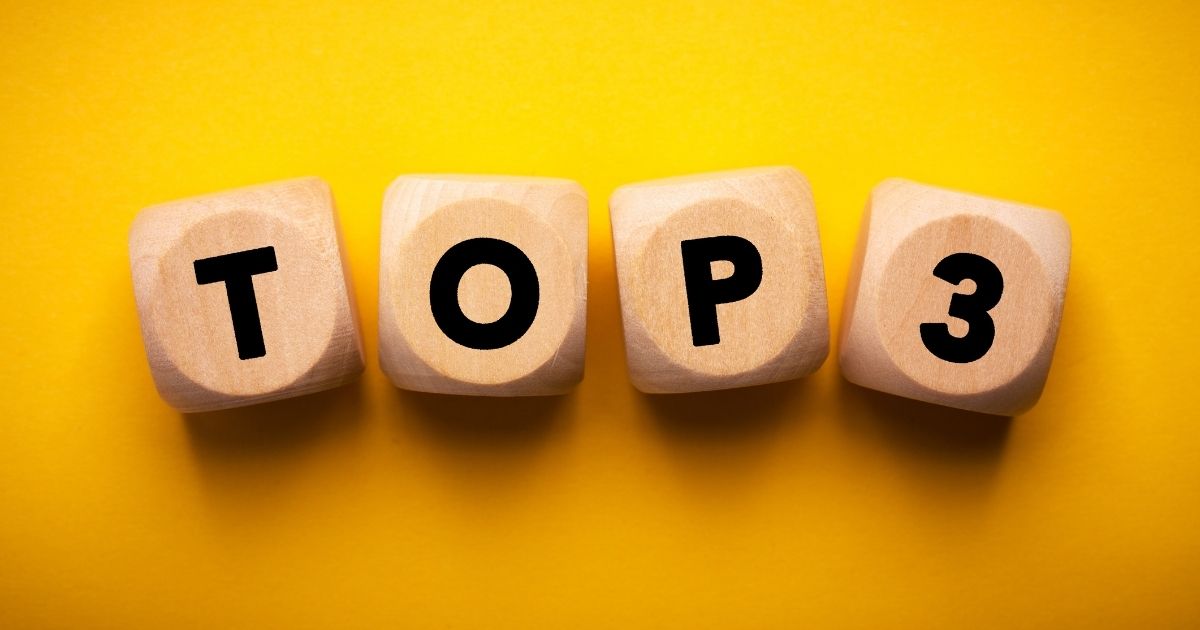Okay, so here’s something that’s been bugging me for a while, and it’s becoming more and more prevalent. So much so that I REALLY feel the need to let you know about it and to hopefully steer you away from what is potentially a HUGE, COSTLY BUSINESS MISTAKE.
Firstly, Website Design is Awesome
I build websites. It’s what I do. I like it, it’s cool. I also optimise websites for improved SERP results. That’s another thing that I do. It’s not as cool as building websites but I like it just as much.
My niche is web design and search engine optimisation (SEO) for small businesses. I’ve chosen this niche because it’s where my passion lies, helping small businesses navigate their way through the digital marketing minefield.
For those small business owners out there, I guess most of you understand the importance of having a website, right? To recap, here’s a few reasons small businesses might need a website:
- Sell your product or service
- Promote your business
- Brand creation and development
- Build trust and authority
- Distinguish yourself from your competitors …….. and the list goes on.
SEO is Awesome Too
Now, how many of you really, really understand the relationship that a good web design has with SEO? If your website is lucky enough to be on page one of a Google SERP (search engine results page) for some high-volume organic keywords, I guess you have a pretty good idea.
For those that are a bit rusty, here’s some reasons you might want your website to be optimised for search engine traffic:
- To be blunt, if you’re not on page one of Google, you simply don’t exist.
- Most searches for products or services are organic. For example, if you’re looking for a web designer in your area, you might type in web designer in Brisbane or Adelaide, depending on where you are. If your website ranks well, it’s free advertising.
- SEO creates a flow and feel of your site that will be understood by Google bots. When your site is crawled, Google attempts to ‘understand’ what your website is about by analysing the data. For example;
- do your pages have a flow that the reader will understand (h1,h2 headings, paragraphs, page structure etc)?
- Is the content relevant to the titles and headings?
- Are images labelled so Google understands the data?
- Good SEO enables the intent of each page. For example, what do you want the reader to do? Usually, it’s a Call To Action (CTA) intent such as a download, a phone call, a purchase or a subscription. Alternatively, you may simply want to provide the reader with some relevant information, such as in a blog post.
- Technical SEO is more specific to your website’s performance, such as page load time. Websites are faster these days, and consumers are demanding it more and more.

Web Design and SEO Relationship
Are you starting to see the relationship between a good website design and an effective SEO strategy? As a business owner with a web presence, do you think SEO and web design can successfully exist without each other?
And therein lies my concern. It keeps me up at night. I know, I’m a nerd. In fact, I woke up at 3am and had to get up and write this post.
Lately, Digital Marketing Hub Australia (that’s us) has been receiving a lot of calls for help for… guess what…. SEO! Sure, our callers have websites and in most cases the sites look great, but on closer inspection I really do feel like pulling my hair out (thankfully it’s too short for that) because there’s not enough search engine optimisation to support the website’s intent.
As a result, their sites are simply ‘lost in space’. Without running costly Google Ads or social media ads that link to their sites, their Google Analytics report will simply be a long, flat line across the page.
Websites Without SEO?
So why is this happening? Why are websites being built without SEO? Here’s a few reasons why:
- Many web designers don’t know how to fully optimise a website for greater SERP results.
- I have spoken with many clients who were told that their website had been optimised. That basically means that an SEO plugin (or similar, depending on the platform) has been installed, a h1 and some h2 headings are on the page, and the meta title and meta description (what shows up on a Google SERP) has been populated. That’s it. Whoopty-do!
- Many small business owners do not understand the importance of a long-term SEO strategy and will dismiss it as an inclusion.
- Short term cost may be a contributing factor.
- A good web design incorporating effective SEO takes longer to develop and can be costly.
- Remember the old saying, “You get what you paid for”?

Future-Proof Your Website
When I’m creating designs for a client, I ALWAYS explain the need for a focused SEO campaign. After all, it’s a long-term investment in their future, right? Sure, I can create a website for those on a budget, but I’ll also coach them on how to optimise their site and how to monitor their competition.
I also understand that small businesses may not have a large marketing budget and would prefer to make future site changes and updates themselves. That’s why I build all of our websites on the hugely popular Wordpress platform with user-friendly page builders.
I look at it as the 3 pillars of a successful, future-proofed website:
- Appealing web designs on a user-friendly platform
- Effective search engine optimisation (SEO) integration
- Coaching to enable self-management
Conclusion
So there you have it, my aim here was to tie in the relationship between well crafted website design and a REAL search engine optimisation strategy. Get either of them wrong and it will cost you, or in the very least slow your progress right down.
If you’re a small business owner, I also place equal value on coaching to ensure you can manage your site without having to fork out for basic edits and additions such as blogs.
These 3 pillars equate to an effective website that is future-proofed for your success.




